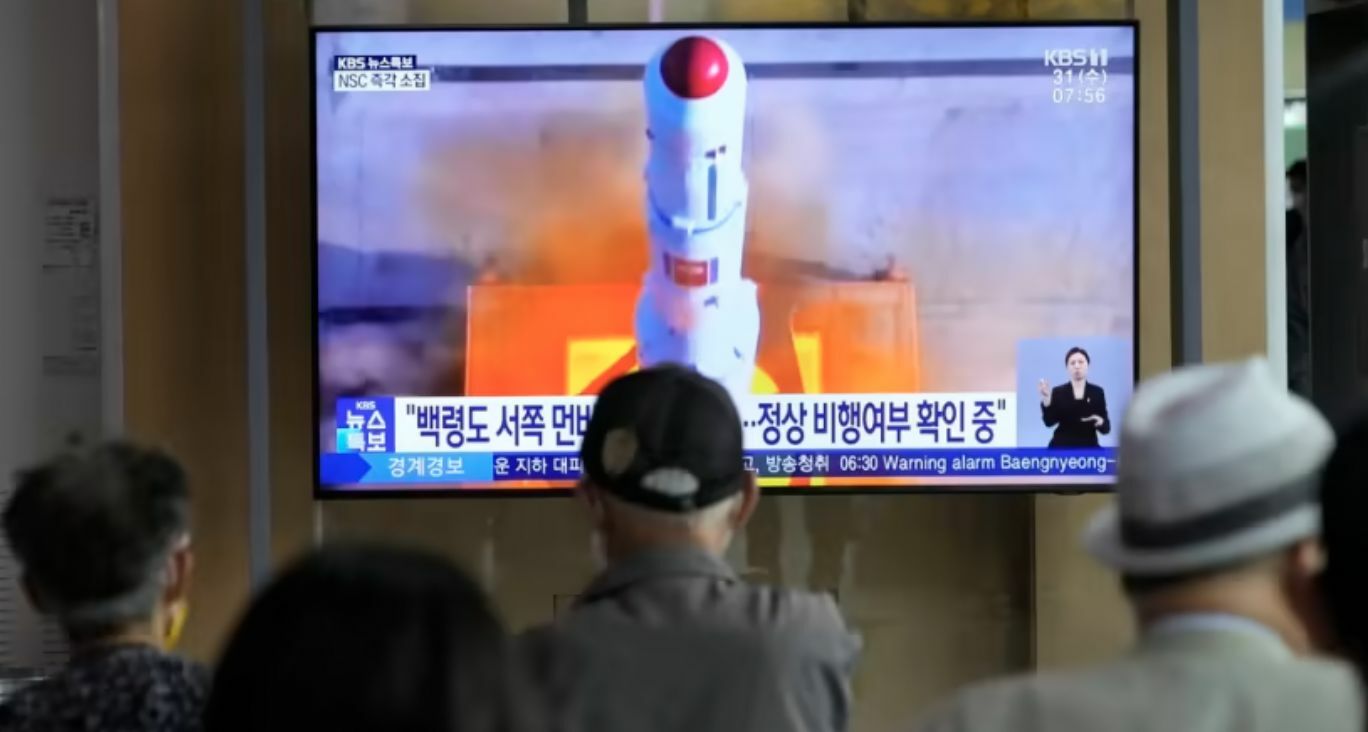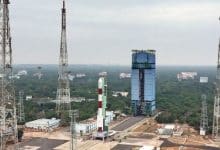North Korea satellite launch fails, debris recovered from sea

A failed satellite launch by North Korea on May 31 resulted in the booster and payload crashing into the sea, according to the state’s news agency KCNA. The incident led to emergency alerts and temporary evacuation warnings in parts of South Korea and Japan. South Korea’s military has since recovered parts of the launch vehicle from the sea.
The “Chollima-1” satellite launch rocket failed due to instability in the engine and fuel system. This marked North Korea’s sixth satellite launch attempt and its first since 2016. The launch was intended to place the country’s first spy satellite into orbit.
South Korea’s Joint Chiefs of Staff reported that a salvage operation was underway to recover the believed parts of the space launch vehicle. Images of debris retrieved from the water have been shared, including a large cylindrical object attached to a buoy.
George William Herbert, an adjunct professor at the Center for Nonproliferation Studies and missile consultant, said the images showed at least part of a rocket, including an “interstage” section designed to connect to another stage. He added that it was most likely a liquid-fuel rocket, with a round, brown object inside likely being a propellant tank for fuel or oxidiser.
Officials from the United States, Japan, and South Korea held a phone call where they “strongly condemned” the launch, according to Japan’s foreign ministry. The statement added, “The three countries will stay vigilant with a high sense of urgency.”
North Korea had announced plans to launch its first military reconnaissance satellite between May 31 and June 11 to enhance monitoring of US military activities. South Korea successfully placed satellites in orbit with a domestically designed and produced rocket last week, while China sent three astronauts to its space station as part of a crew rotation on Tuesday.
An official at South Korea’s presidential office said there was a “good chance” of another launch attempt before June 11, the end of the 12-day period when North Korea had informed the International Maritime Organization of its planned launch, as reported by Yonhap News.
Lee Choon Geun, an honorary research fellow at South Korea’s Science and Technology Policy Institute, said it was a rare opportunity for South Korea to retrieve part of a North Korean rocket, and possibly even the satellite. He downplayed the likelihood of another imminent launch, noting that it might take North Korea several months to resolve the technical issue.
North Korea had informed international authorities that the launch would carry the rocket south, with stages and other debris expected to fall over the Yellow Sea and into the Pacific Ocean.
Air raid sirens sounded across the South Korean capital of Seoul around 6.30am local time as the city warned citizens to prepare for a potential evacuation. Later alerts clarified that the city warning had been a mistake.
“I was so panicked. Nine-one-one lines were busy and the internet was slow,” said Lee Juyeon, 33 years old, a resident in Seoul who was preparing to shelter in a basement with her young child before learning it was a false alarm.
Calm quickly returned to Seoul, while South Korean stocks and the won currency traded firmer.
The Japanese government issued an emergency warning over its J-Alert broadcasting system for residents of the southern prefecture of Okinawa to take cover indoors early on Wednesday morning. It later stated that the rocket would not fly into Japanese territory and lifted the warnings.
On Tuesday, Ri Pyong Chol, vice-chairman of the Central Military Commission of North Korea’s ruling Workers’ Party, said ongoing joint military exercises by the US and South Korea required Pyongyang to have the “means capable of gathering information about the military acts of the enemy in real-time.”
The White House condemned the launch using ballistic missile technology and said in a statement it was assessing the situation in coordination with allies.
Japan’s Chief Cabinet Secretary Hirokazu Matsuno said North Korea’s rocket disappeared from radar above the Yellow Sea and did not make it into space. He added that the government had no further information to share at the moment.
“We strongly condemn North Korea’s actions,” he said. Tokyo lodged a complaint with Pyongyang through diplomatic channels in Beijing.
UN Secretary-General Antonio Guterres also condemned the satellite launch, according to a spokesperson. He said any launch by Pyongyang using ballistic missile technology was contrary to UN Security Council resolutions.
North Korea has attempted five other satellite launches, with two placed in orbit, including during its last such launch in 2016. However, analysts say its capacity for constructing working satellites remains unproven.
Latest Thailand News
Follow The Thaiger on Google News:


























